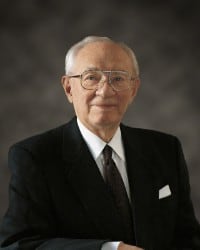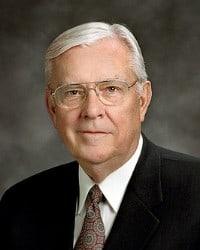
“Obscenity, the open use of which used to be a mark of lower social strata, has somehow become acceptable in everyday conversation for everyday people…And yet, I am offended—not out of a sense of morality or of prudishness—but because foul language used casually in public comes close to the idea of a violation of privacy. I know that there are some around who feel assaulted by hearing it. I chose that word very carefully; certain language is an assault on the senses…Those who disagree are probably saying, ‘after all, it’s only words.’ But words are vehicles; they convey messages. And to some people, the message of profanity is a message of ugliness and aggressiveness and a disrespect for civil behavior…Bathroom and sexual obscenities can now be heard in certain popular songs on the radio, and even some magazines and newspapers have begun to print language that would have been unthinkable five years ago. This practice is usually defended under the name of ‘freedom.’ But whose freedom is it? If the language of ugliness becomes so much a part of our society that it is impossible to escape no matter where one turns, then who is free and who isn’t?”
| Hear Pollution








